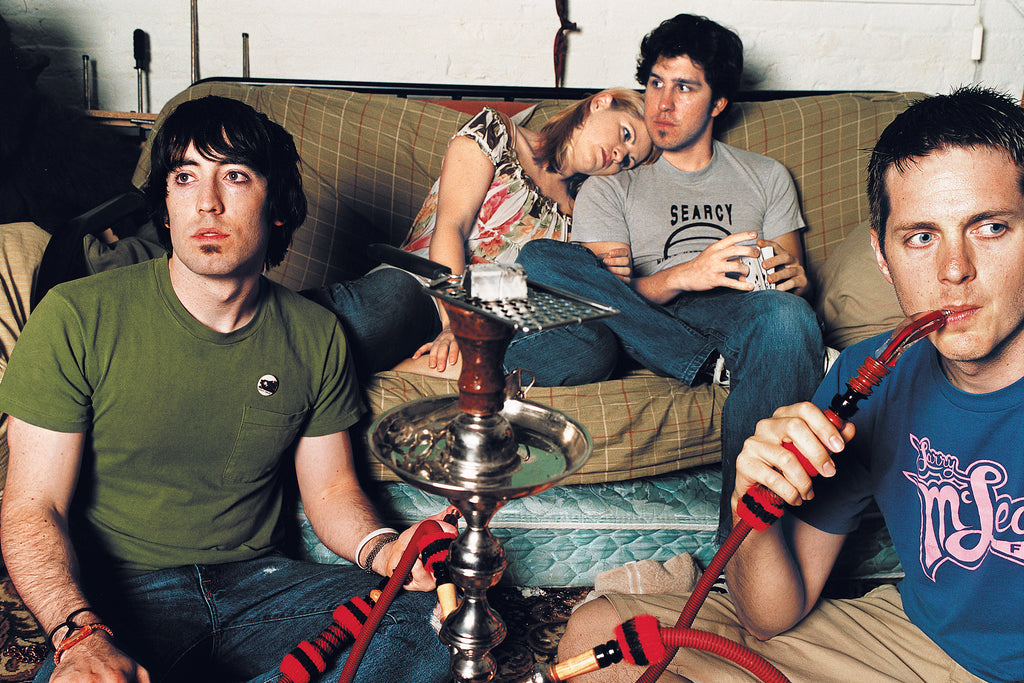
In the intricate dance of human relationships, there exists a phenomenon that has both fascinated and confounded many: the act of bragging about conquests. This behavior, often associated with the male gender, raises questions about the motivations behind such bragging, its societal implications, and whether it is a genuine expression of confidence or a mask for deeper insecurities. In this exploration, we delve into the psychology behind why some men engage in the practice of bragging about conquests and attempt to decipher the nuanced dynamics at play.
The Roots of Bragging: Evolutionary Biology
To understand the tendency of some men to brag about conquests, it's crucial to examine the role of evolutionary biology. From an evolutionary standpoint, the propagation of genes is a fundamental driving force. In ancient times, men who displayed prowess in hunting, strength, or other desirable traits were more likely to attract mates, ensuring the continuation of their genetic lineage.
In the contemporary context, while the dynamics have evolved, remnants of these primal instincts persist. Bragging about conquests may, therefore, be a subconscious attempt to showcase one's desirability and dominance, traits that were historically linked to reproductive success. This perspective provides a lens through which we can begin to understand the origins of this behavior.
Societal Influences on Bragging
Beyond evolutionary predispositions, societal norms and expectations also play a significant role in shaping behavior. Masculinity, as defined by cultural standards, often emphasizes traits such as confidence, assertiveness, and a certain level of sexual prowess. In this light, bragging about conquests may be seen as a performative display of these expected masculine qualities.
Media, including movies, television shows, and music, further reinforces these stereotypes, portraying the image of the "alpha male" who is not only successful in various aspects of life but also effortlessly navigates the realm of relationships. This portrayal can create a pressure for men to conform to these ideals, leading to the adoption of behaviors like bragging to align with societal expectations.
The Psychology of Bragging
Bragging, in its essence, is a form of self-promotion. It involves presenting oneself in a positive light, often by highlighting achievements or desirable traits. When it comes to conquests, the act of bragging may be a way for individuals to bolster their self-esteem or seek validation from their peers.
In a social context, bragging about romantic or sexual conquests might serve as a means of gaining approval or acceptance within a peer group. The attention garnered from such stories can contribute to an individual's perceived social status and may serve as a coping mechanism for underlying insecurities.
The Thin Line Between Confidence and Insecurity
While some may perceive bragging as a sign of confidence, it's essential to recognize the fine line that separates genuine confidence from compensatory behavior rooted in insecurity. A person who is truly secure in their accomplishments and desirability may not feel the need to constantly broadcast their conquests.
Conversely, those grappling with insecurities might use bragging as a shield against perceived inadequacies. The need for external validation through bragging may be indicative of an underlying lack of self-assurance, prompting individuals to seek reassurance through the admiration of others.
The Impact on Relationships
The practice of bragging about conquests can have a profound impact on relationships. In romantic partnerships, excessive bragging may lead to feelings of inadequacy or mistrust. Partners might question the authenticity of such stories and, in turn, question the sincerity of the relationship.
Furthermore, the act of bragging may also contribute to a culture of objectification, where individuals are valued primarily for their conquests rather than for the depth of their character or the quality of their relationships. This dynamic can hinder the development of meaningful connections and perpetuate a superficial approach to intimacy.
Navigating Authenticity in a Bragging Culture
As society becomes more attuned to the nuances of interpersonal dynamics, there is a growing awareness of the need for authenticity. Authenticity involves being true to oneself, devoid of external pressures or the need to conform to societal expectations.
Men, like anyone else, should feel empowered to express themselves authentically without resorting to bragging as a means of validation. Encouraging open communication and vulnerability fosters an environment where individuals can share their experiences and emotions without the need for performative displays.
Final Words
In the complex landscape of human relationships, the act of bragging about conquests by men is a multifaceted phenomenon. Rooted in evolutionary biology, shaped by societal expectations, and driven by psychological dynamics, it reflects a delicate interplay of influences.
While the desire for validation and recognition is inherent in the human experience, the practice of bragging should be approached with caution. Authenticity, self-reflection, and a commitment to fostering genuine connections are essential in navigating the delicate balance between confidence and insecurity.
In the pursuit of meaningful relationships, it is crucial for individuals to recognize the impact of their words and actions on both themselves and those around them. By embracing authenticity and fostering a culture that values sincerity over superficiality, we can contribute to a healthier, more fulfilling approach to relationships—one that transcends the need for external validation through bragging.
